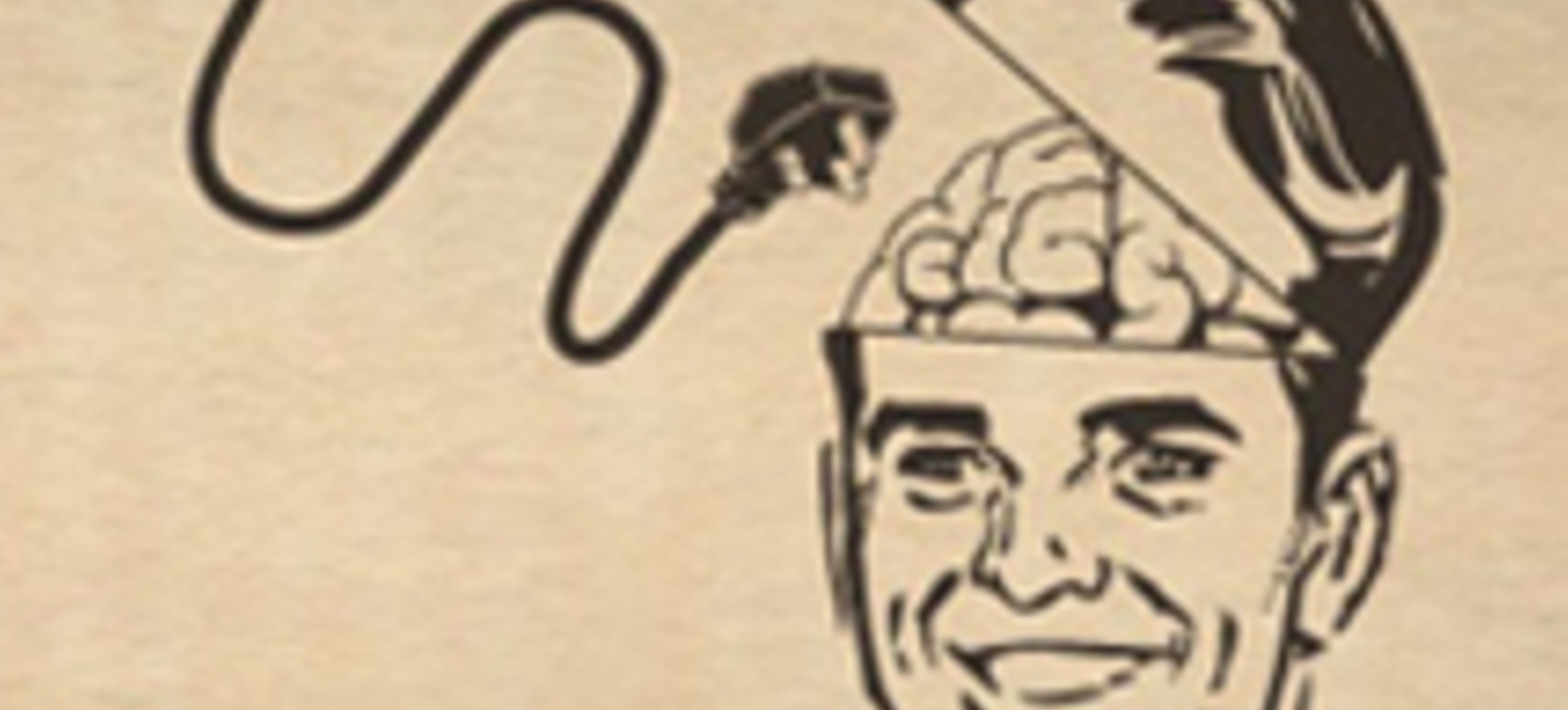
Keeping up with the Joneses’ is not just a modern world phenomenon, but seemingly part of our DNA.
Professor Nick Chater shows in The Human Zoo on BBC Radio Four that our brains are hot-wired to think comparatively and so propelling our inclination for consumerist competition with our neighbours.
Scientific experiments have shown how we make judgements instinctively using comparison and this extends to when valuing houses or cars or deciding how happy or successful we are.
"There is no absolute value to a house, we come to a price by comparing it with other houses in our street,” said Professor Chater. “It is the same when we ask ‘how good is a football team?’ We do this by comparing them to other teams.
"We are so used to doing this that we don’t even notice, our brains are natural comparison machines - we can’t measure in absolute terms. For example, a 19th century experiment asked people to put one hand in a bucket of cold water and one in a bucket of hot water. They were then told to put both hands in a bucket of tepid water. The water is the same temperature but the hand that was hot now feels cold, and the one that was cold now feels hot - so even your basic senses use comparison and not absolutes - it is built in.”
And this is the basic impulse for ‘keeping up with the Joneses’, as we compare ourselves to our peers we look to have comparatively better cars, better clothes, better handbags and so do they, so we keep pushing each other along.
"This comparative impulse raises a problem in society – the dark side of consumerism,” says Professor Chater, who is part of the Behavioural Science Group at Warwick Business School. “Everybody values their car or house relative to other cars or houses. That means as everybody gets wealthier they get a nicer house or car. But because people think comparatively, they don’t gain any benefit, they don’t feel happier. They still have the third nicest car among their friends.
"Some economists are now concerned that, as a society, we are in danger of putting enormous resources into competitions with each other that are getting us nowhere. We are on a treadmill, getting more and more goods so that we are keeping up with the Joneses, but at just the same rate, the Joneses are keeping up with us!”
This inclination to think comparatively is shown in another experiment, where people can pay to avoid mild (but unpleasant) electric shocks. Suppose there are three levels of shock, low, medium and high. It turns out that people will pay up to 50 per cent more to avoid the medium shock when it follows a ‘low’ shock (and so, by comparison, seems unpleasant) than when precisely the same medium shock follows a ‘high’ shock (and so, by comparison, doesn’t seem so bad).
"This competition and instinct to compare can have positive outcomes,” said Professor Chater. “A continual ‘competition’ to be healthier, have more friends, have a better education may be positive, if we believe these things are good in absolute terms- that is, we value them whether or not the Joneses have them too.
"But for many consumer goods, keeping up with the Joneses may be all we care about. If we all spend more on weddings, fast cars, or designer handbags, then, in comparative terms, no-one feels any happier. This raises the danger that such spending is self-defeating, from the point of view of a society as a whole.”
Listen to The Human Zoo on Tuesday June 24 at 3.30pm on BBC Radio Four. It is the start of a new series and will be on every Tuesday.
Visit The Human Zoo weblab to take part in the online experiment.
See this article featured in the Daily Mail, The Telegraph and The Guardian.
Professor Nick Chater teaches Principles of Cognition on MSc Business and Varieties of Decision Making on the undergraduate programme. He also teaches Behavioural Sciences for the Manager on the Warwick MBA by full-time study, Warwick Executive MBA and Warwick MBA by distance learning.
Book your place now on Professor Chater's free online course ‘The Mind is Flat: The Shocking Shallowness of Human Psychology’ which will be running again in October 2014.




 X
X Facebook
Facebook LinkedIn
LinkedIn YouTube
YouTube Instagram
Instagram Tiktok
Tiktok